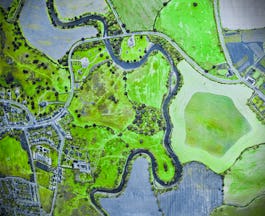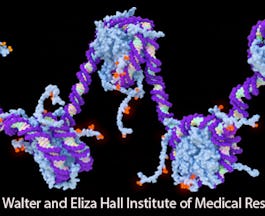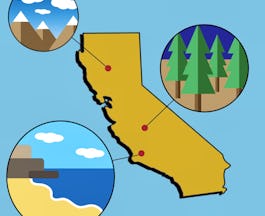Filter by
The language used throughout the course, in both instruction and assessments.
56 results for "marine biology"
 Status: Free
Status: FreeUniversity of Geneva
 Status: Free
Status: FreeThe University of Melbourne
 Status: Free
Status: FreeUniversity of California, Santa Cruz
 Status: Free
Status: FreeUniversidad Nacional de Colombia

Universidad de los Andes
 Status: Free
Status: FreeTechnion - Israel Institute of Technology
 Status: Free
Status: FreeTechnion - Israel Institute of Technology
 Status: Free
Status: FreeYale University

Skills you'll gain: Computer Architecture, Cloud Computing
 Status: Free
Status: FreeYale University
 Status: Free
Status: FreeUniversity of Geneva
 Status: Free
Status: FreeTecnológico de Monterrey
Skills you'll gain: Algebra, Calculus, Linear Algebra, Mathematics, Graph Theory, Mathematical Theory & Analysis, Data Visualization, Geometry
In summary, here are 10 of our most popular marine biology courses
- Ecosystem Services: a Method for Sustainable Development: University of Geneva
- Epigenetic Control of Gene Expression: The University of Melbourne
- Ecosystems of California: University of California, Santa Cruz
- Patentes: un recorrido desde su significado hasta su búsqueda: Universidad Nacional de Colombia
- Maestría en Inteligencia Artificial: Universidad de los Andes
- Nanotechnology and Nanosensors, Part1: Technion - Israel Institute of Technology
- Nanotechnology and Nanosensors, Part 2: Technion - Israel Institute of Technology
- Indigenous Religions & Ecology: Yale University
- Introduction to Digital Transformation: Siemens
- Introduction to Religions & Ecology: Yale University










